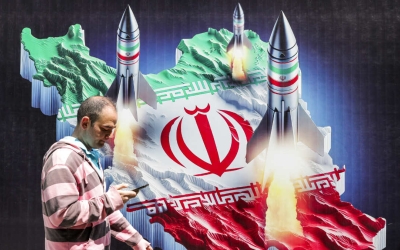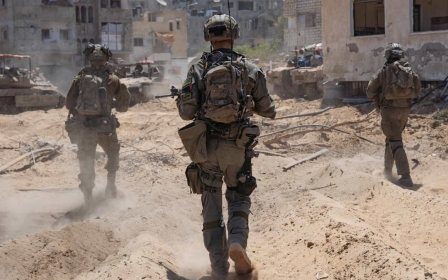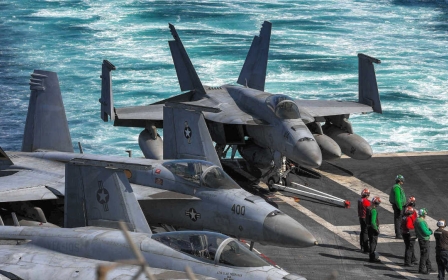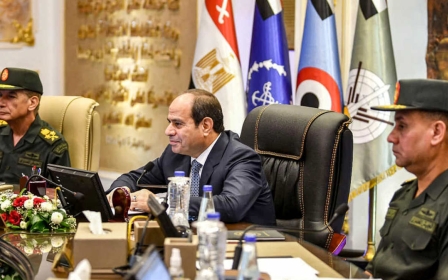Israel's top general held meeting with US and Arab military chiefs in Bahrain: Report
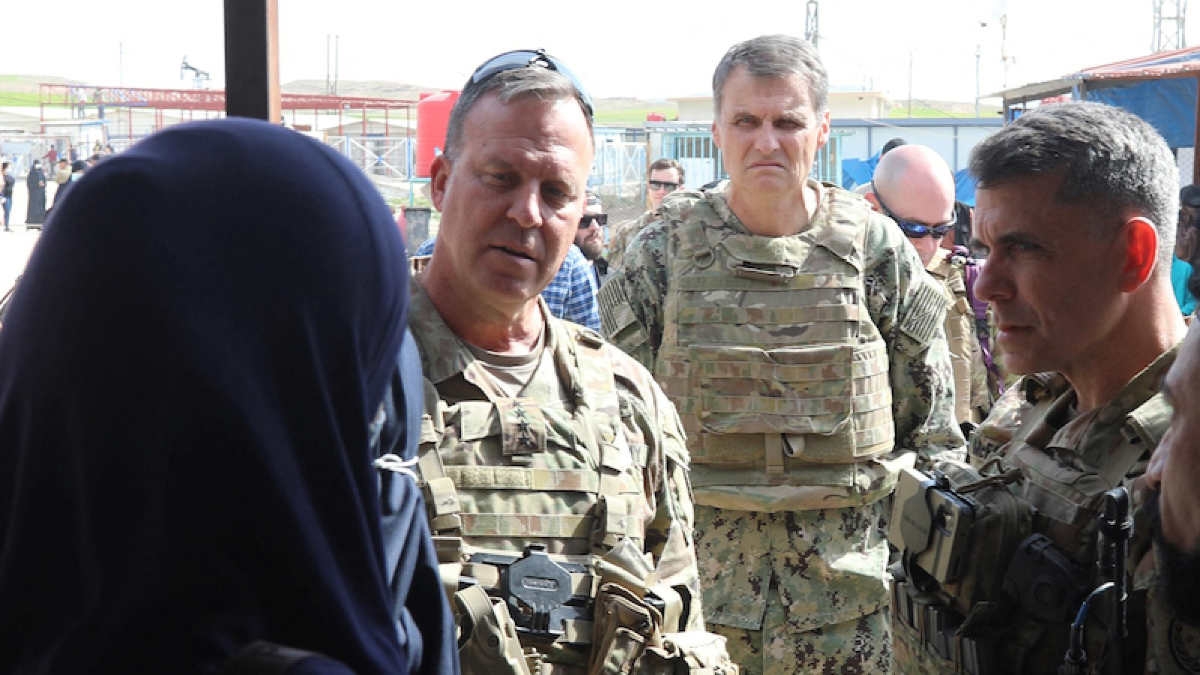
Israel's top general met with Arab military leaders and the US's overall commander for the Middle East in Bahrain this week, according to a report by Axios.
Israeli General Herzi Halevi's meeting with Arab military chiefs from Saudi Arabia, Jordan, Bahrain, the UAE, Saudi Arabia and Egypt comes as the US is attempting to piece together a plan for post-war governance of Gaza.
Despite stalled attempts to reach a ceasefire in Gaza, US Secretary of State Antony Blinken said on Wednesday that the US would unveil more details about its post-war planning for Gaza soon.
"In the coming weeks, we will put forward proposals for key elements of a day-after plan, including concrete ideas for how to manage governance, security, reconstruction," Blinken said on Tuesday.
The Biden administration had approached its Arab allies to send peacekeepers to Gaza until the Palestinian Authority's security services can take over managing the besieged enclave, MEE previously reported.
New MEE newsletter: Jerusalem Dispatch
Sign up to get the latest insights and analysis on Israel-Palestine, alongside Turkey Unpacked and other MEE newsletters
Centcom, the US's overall military command for the Middle East, is likely to play a crucial role in Washington's plan for providing security to Gaza.
Centcom refused to comment on the meeting when asked by Middle East Eye.
MEE reported on Friday that the Biden administration was weighing a plan to bring cooperation with the Palestinian Authority's security forces under the purview of Centcom.
Bahraini peacekeepers?
The choice of Bahrain to host the high-level meeting between Israeli and Arab officials under the auspices of Centcom is also notable.
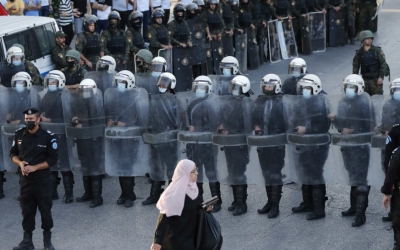
MEE reported exclusively that US officials believe Bahrain is willing to send peacekeepers to Gaza and has called to be more actively involved in post-war planning.
One country that was absent from the meeting, according to Axios, appeared to be Qatar, whose Al Udeid Air Base hosts the regional headquarters for US Central Command. It has also hosted some Israeli military officials, MEE previously reported, but it's unclear if those officials are still in the country.
Qatar, along with Egypt, has been mediating between Hamas and Israel. But Doha and Israel's relations have strained amid the war.
Middle East Nato
Bahrain is a close ally of Saudi Arabia and home to the US Navy's Fifth Fleet. Manama was the fourth Arab government after the UAE to normalise ties with Israel and was the first to publicly host an Israeli military officer. Bahrain is designated a non-Nato ally by Washington.
According to Axios, the meeting was kept quiet because of the sensitivities of Arab governments cooperating with Israel amid its devastating offensive on Gaza, which has killed more than 37,000 Palestinians and sparked anger in the Arab and Muslim world.
The meeting recalls one the US spearheaded in 2022 between Arab and Israeli military leaders designed to bolster air defence cooperation in a move some labeled a "Middle East Nato".
Some proponents of the idea said the US's legwork bore fruit when the US and Israel were able to down nearly all the missiles and drones Iran fired at Israel in its unprecedented April attack.
But Middle East Eye reported that Saudi Arabia, the UAE, Oman and Kuwait all urged the US not to use US bases on their territory to respond to Iran's attack, and raised questions about the intricate details of their basing agreements with Washington in the lead up to Tehran's attack.
When the strike happened, only Jordan publicly participated in Israel's defence.
The US was able to scramble fighter jets from its bases in Qatar and Saudi Arabia to fend off the Iranian attack at the last minute, but the Gulf monarchies appeared to only do the bare minimum their agreements with the US required, analysts and current and former US officials told MEE.
Middle East Eye delivers independent and unrivalled coverage and analysis of the Middle East, North Africa and beyond. To learn more about republishing this content and the associated fees, please fill out this form. More about MEE can be found here.


